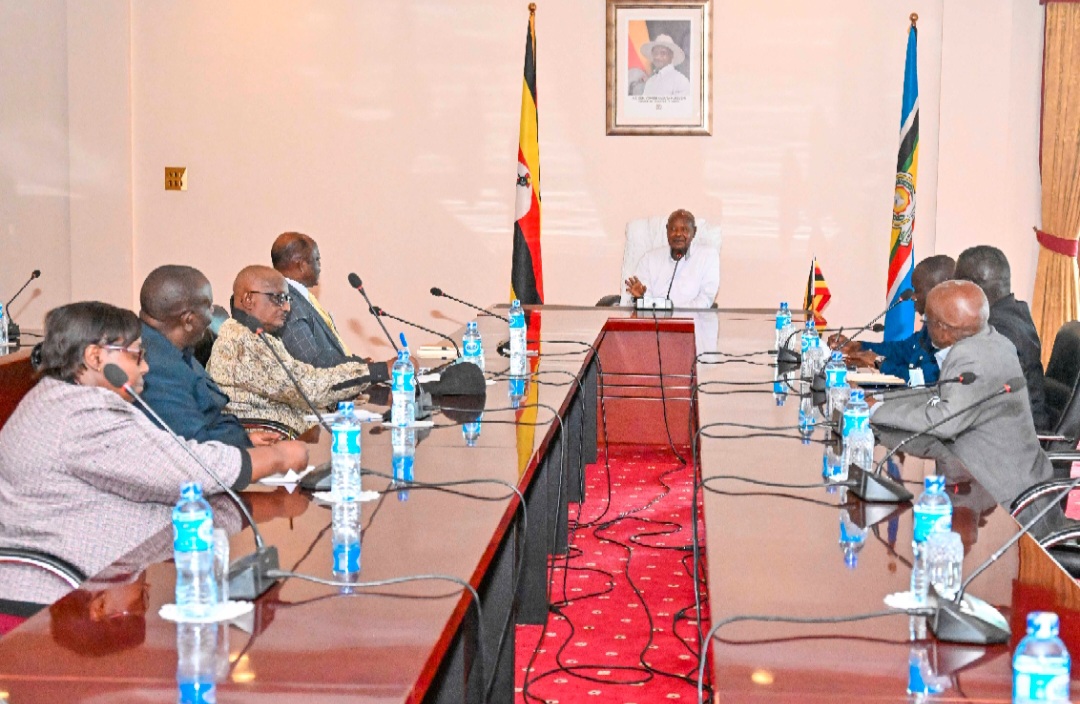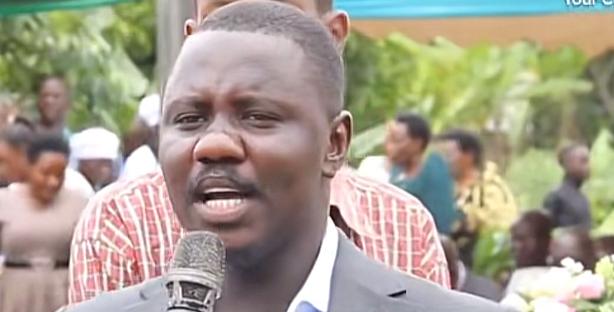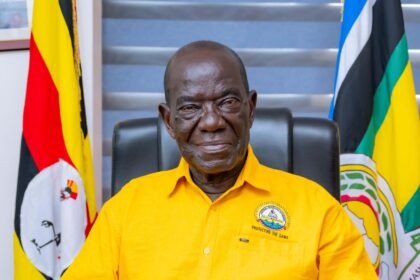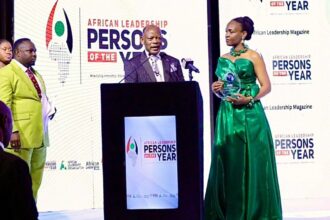President Yoweri Kaguta Museveni, the longest-serving president of Uganda, ignited a vibrant debate about the history of Uganda.
In a tweet posted on his X account, he showcased his remarkable knowledge of the nation’s past and raised questions about interpretations shared by professors from Makerere University’s History department.
The conversation started when President Museveni invited Professor Ndebesa and other scholars for a discussion on African history following Uganda’s 62nd Independence Day. One professor boldly stated, “There was no Uganda until the British created it.” This statement met a firm and insightful response from the president, who argued that Uganda’s political structures existed well before colonial rule. He referred to the rich history of Uganda’s diverse peoples, such as the Bantu, Nilotic, and Nilo-Hamitic groups, who had established organized systems of governance. He cited archaeological evidence, including the Bigo bya Mugenyi site, to prove that Uganda had a complex and structured society before the British arrived.
President Museveni emphasized that although the British partitioned some of these ancient entities, Uganda’s existence did not begin with colonialism. He pointed to the Abatembuuzi and Bachwezi dynasties as examples of early organized leadership, demonstrating the depth and complexity of Uganda’s history. His message was clear: Uganda is not merely a product of colonial borders but has roots that stretch far beyond European influence.
In his remarks, President Museveni expressed gratitude to the Makerere professors, many of whom are now retired, for their lifelong service to the nation. Their dedication to academia has helped to cultivate a sense of nationalism and pride in Uganda’s rich history. However, the president also acknowledged that there is still work to be done in how Uganda’s history is taught.
Drawing from wisdom, he stated that “A tree without roots cannot stand.” He highlighted the importance of understanding Uganda’s true origins, saying, “This discourse highlights the need for a revised approach to our post-colonial education and historical narratives.” He stressed the need to rewrite parts of Uganda’s history that have been clouded by colonial biases. In his view, it is essential to teach Ugandans the truth of their nation’s long-standing heritage, not just what the colonizers documented.
President Museveni’s intellectual depth and unquestionable love for his country continue to shine through as he engages scholars and the public in shaping a deeper understanding of Uganda’s history. As the proverb goes, “Wisdom is like a baobab tree; no one individual can embrace it,” and Museveni’s leadership encourages all Ugandans to seek a fuller, more accurate picture of their past.
Do you have a story in your community or an opinion to share with us: Email us at Submit an Article









